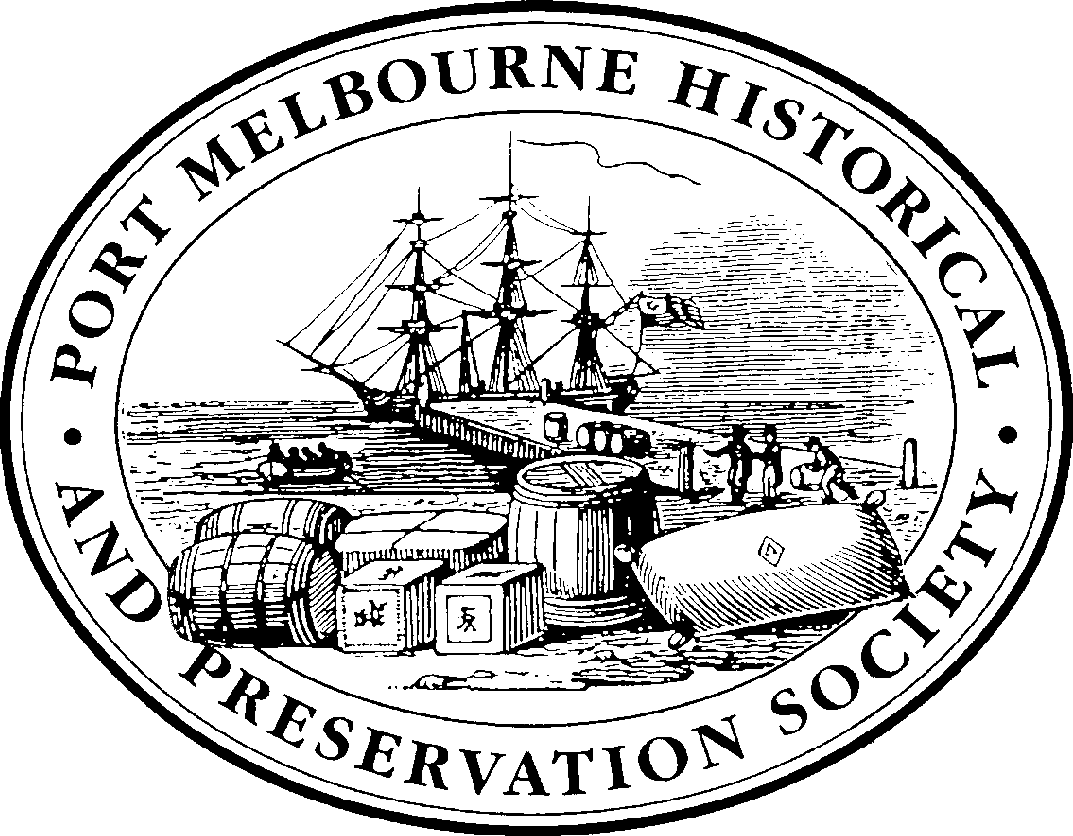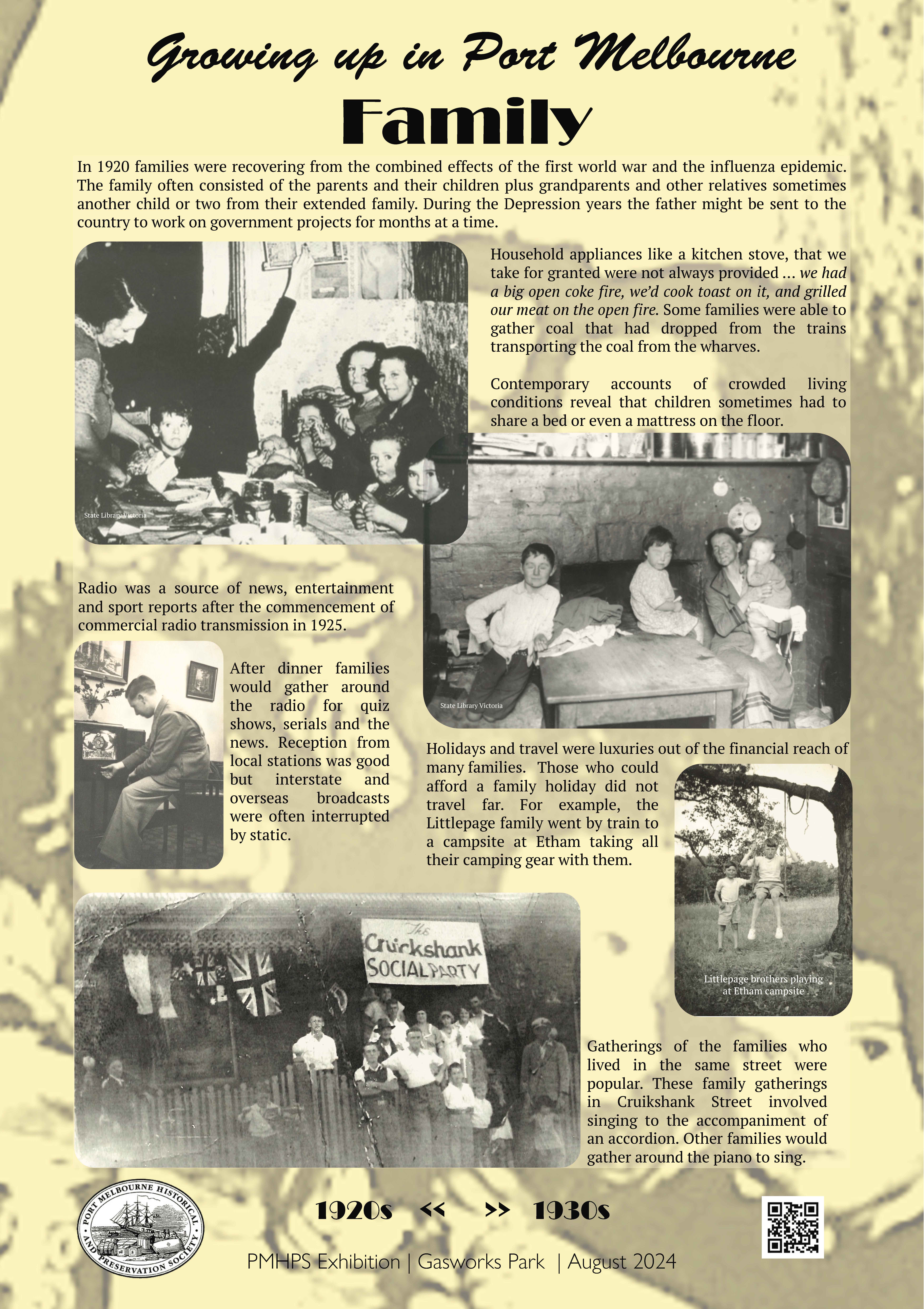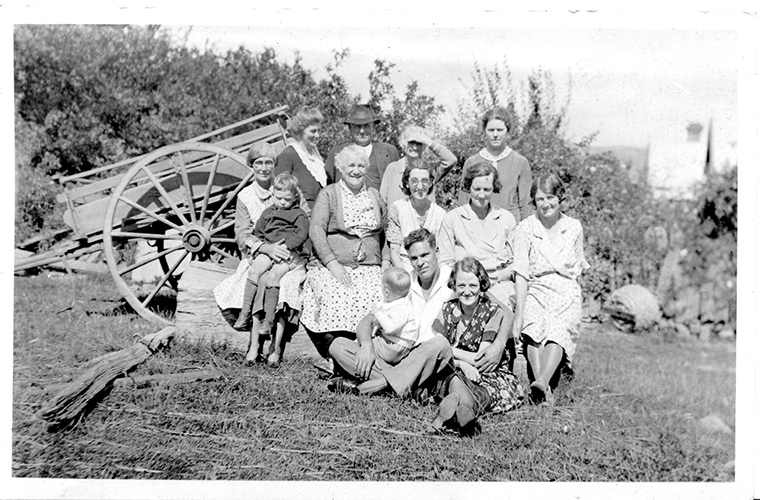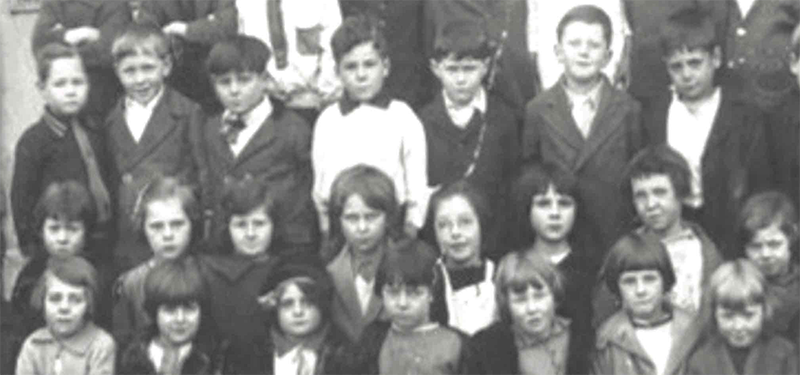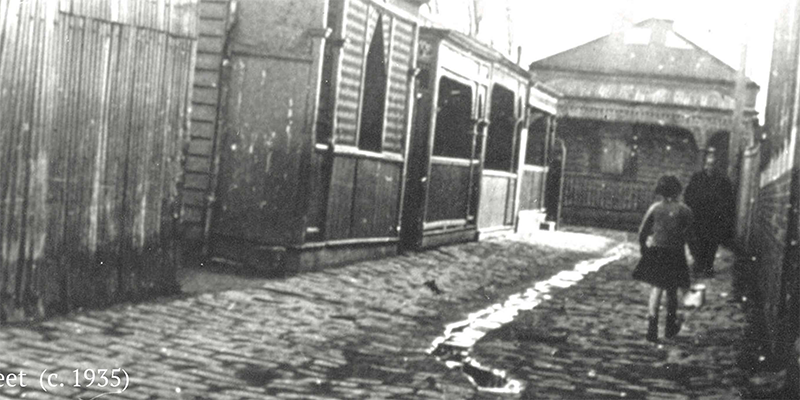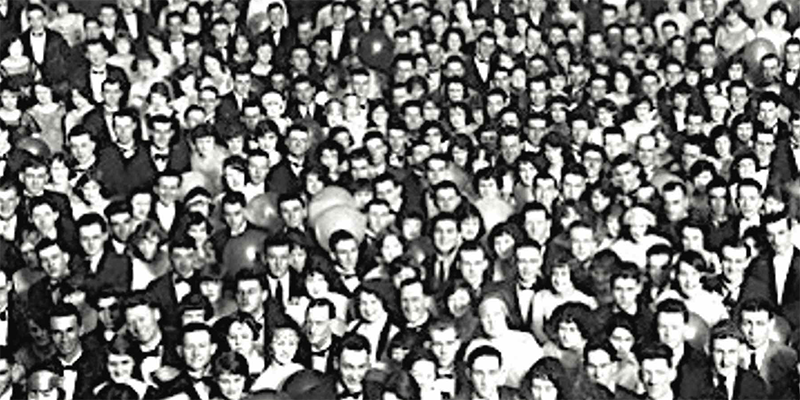Growing up in Port Melbourne – Family
Aftereffects of World War 1 on Family Life:
The long term human aftereffects of World War 1 have been little spoken of and only recently been the subject of research. Men who had spent extended time fighting in the trenches in Belgium and France rarely spoke about the horrors they experienced but the effects on their lives and the lives of their families could be devastating. The common term shell shock was used to describe the mental illness, because it was believed to be the result of exposure to prolonged artillery bombardment. The symptoms of depression, uncontrollable anger, insomnia and nightmares were usually hidden, sometimes from a sense of shame and because admitting to them had even been labelled cowardice.
A common escape mechanism was alcohol. Many famiies in Port Melbourne in the inter-war period had a member suffering in this way. In addition, there were men who had been physically injured and whose earning capacity was reduced.
Infectious Disease:
Children suffered infectious diseases that are today largely controlled by vaccination: measles, diphtheria, whooping cough, scarlet fever, glandular fever, mumps and poliomyelitis were all potentially fatal diseases. The only effective prevention was isolation, but this was difficult in large families living in small houses.
Unemployment:
Once unemployment escalated after the combined effects of the 1928 Dock Strike and the depression, families were left with no income except the benefit commonly called the ‘Susso’. In order to be eligible a man had to agree to work on government projects that were outside Port Melbourne like the railway construction in the Wimmera, draining the Gippsland swamp near Korumburra or construction of the Great Ocean Road. The absence of a father meant family life was under considerable strain.
Extended Families:
Many families were multi-generational, with children, their parents, grandparents and a single aunt or uncle living in one house. It was not uncommon for a family to take in one or more children from relatives who were finding it too hard to care for them.
Home Entertainment:
In the beginning of this period entertainment in the home was chiefly playing cards or singing round the piano. Some families would have had domino sets but other board games only became popular in the 1930s, Monopoly for example from 1934. Radio transmission into homes began in Australia in 1923 and by 1932 nationwide there were 12 ABC stations and 43 commercial ones, but sets were costly and out of the reach of many people.
Baby Health Centres:
These centres were one of the most important support services for families. The Port Melbourne Centre was opened in 1918, funded jointly by the City of Port Melbourne and the State Government. It was one of the first nine in the state opened in that year.
